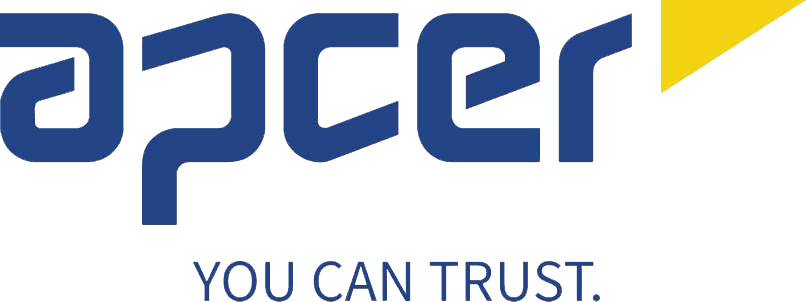The SA8000 standard was issued in 1997 and published by SAI - Social Accountability International. It is based on the UN Declaration of Human Rights, the International Labour Organization (ILO) and other international human rights, national and international legislation, industrial standards and codes of conduct.
Certification in accordance with this standard is voluntary and is intended to ensure that the organizations that it certifies adopt practices to protect workers’ basic human rights.
SA8000:2014 is the fourth edition of the standard and the first review since 2008. The new version brings no significant changes, it only contains editorial amendments, clearer language and, in some cases, greater consistency within or between elements of the standard, including:
- An increased focus on the approach to the management system so as to fully and sustainably comply with the SA8000 requirements, enhancing the organization’s social performance (continuous improvement);
- Clarification of the definition of pre-existing concepts and the introduction of new ones: corrective action, preventive action, organization, temporary work, minimum wage, assessment of risk, workers’ representative for SA8000, social performance, involvement of stakeholders or interested parties;
- Health and Safety (requirement 3): establishment of the health and safety committee and its responsibilities;
- Management System (requirement 9): establishment of the social performance team and its responsibilities and the identification and assessment of risks.
A new feature of the SA8000:2014 edition is the Social Fingerprint®, a set of tools that help organizations to measure and improve their social performance management systems. The Social Fingerprint® helps to identify weaknesses in the organization’s management system and guide the introduction of specific improvements and the prioritisation of areas of expertise.
SA8000 aims to increase the competitiveness of any organization that voluntarily ensures the ethical component of its production cycle and process, guaranteeing compliance with national legislation and its nine requirements:
- Child Labour;
- Forced or Compulsory Labour;
- Health and Safety;
- Freedom of Association and Right to Collective Bargaining;
- Discrimination;
- Disciplinary Practices;
- Working Hours;
- Remuneration;
- Management System.
On its website, SAI displays the SA8000 Performance Indicator Annex, which determines the minimum level of performance that a certified organization must demonstrate, as well as other documents that help to interpret and implement the standard, such as the SA8000:2014 Guidance Document – the Implementation Guide for the SA8000 standard, with examples of possible methodologies to implement for compliance verification.
APCER is one of the few certification bodies worldwide which is accredited by the SAAS - Social Accountability Accreditation Services for the provision of certification services in Portugal and Spain within the area of Social Responsibility, in accordance with this standard.















